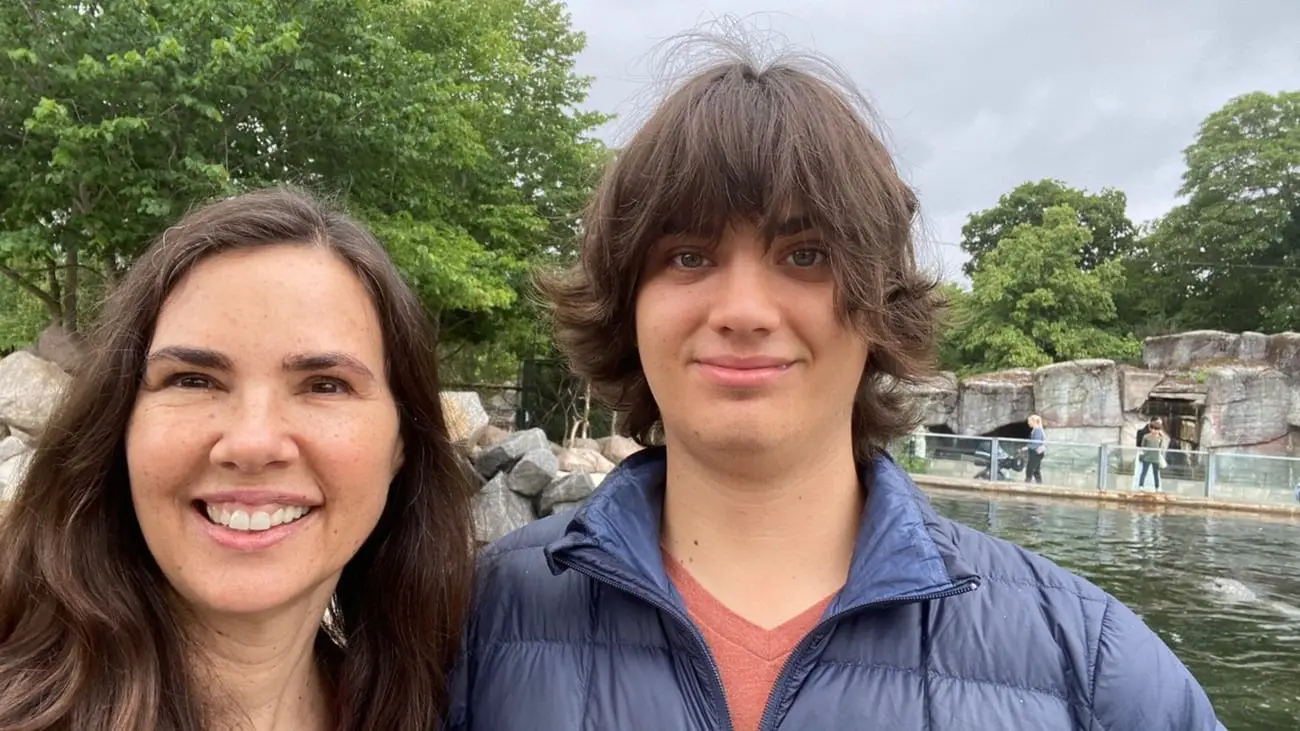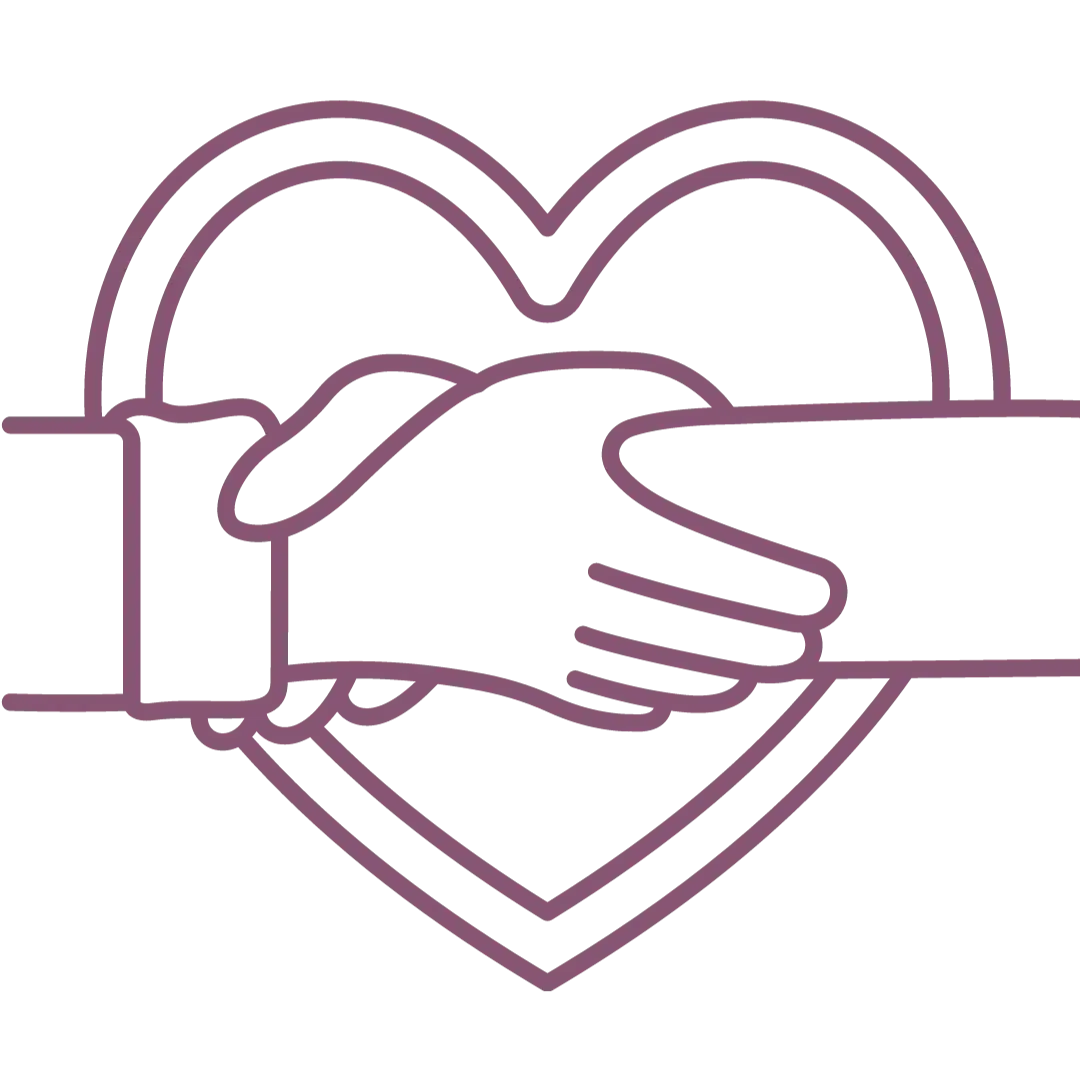
Join today and save! Use code Guest2Member15 for 15% off your membership.
Join today and save! Use code Guest2Member15 for 15% off your membership.
April is Autism Acceptance month, so I decided to write about how self-compassion can help us accept neurodiversity. I am the mother of Rowan, an autistic young man who is 22 years old. The journey of being Rowan’s mother has been challenging in some ways, but an amazing blessing in others.
When Rowan was first diagnosed, I didn’t recognize the hidden gifts of his autism. I was scared and worried and often felt overwhelmed by the challenges – language delay, intense tantrums, and learning difficulties. My ability to allow compassion to flow inward to myself as a parent as well as to Rowan meant that I had more strength to handle the tough stuff and to love and accept Rowan exactly as he was.

Rowan was raised to have self-compassion and although he certainly still has struggles as an adult, he has an unshakable core of self-worth. This shines through in so many ways – he’s a happy, kind, loving young man who puts a smile on the face of everyone he comes into contact with.
Rowan is also incredibly honest and authentic. I’d say the same about most of his autistic friends. The challenges with decoding social cues and perspective taking that are at the core of autism also reduces manipulativeness and the tendency to put on a false front to fit in. That’s a gift.
Rowan doesn’t care that it’s not “cool” for a 22-year-old to put his arm around his mom when walking in public, or to send me a text after driving somewhere to let me know he’s arrived safely (I’ve never asked him to do so, he just doesn’t want me to worry), or to send the text I received last week (“I never forget your commitment to my welfare.”) Rowan is just himself, and that self is beautiful.
Most of our brain patterns provide gifts as well as challenges. Even for those of us who identify as “neurotypical,” our brains are incredibly diverse. I’m including a practice this month called “noting practice” that will help you to observe how your brain works.
You will likely notice how your brain patterns cause suffering (negativity, fear, feelings of being separate or inadequate), but see if you can also identify any gifts in how your brain works. Perhaps you’ll notice patterns of curiosity, or creativity, or protection, or humor. As you do the practice, try to bring a sense of acceptance and gratitude to those unique neurons of yours.

Scholarship Rates
